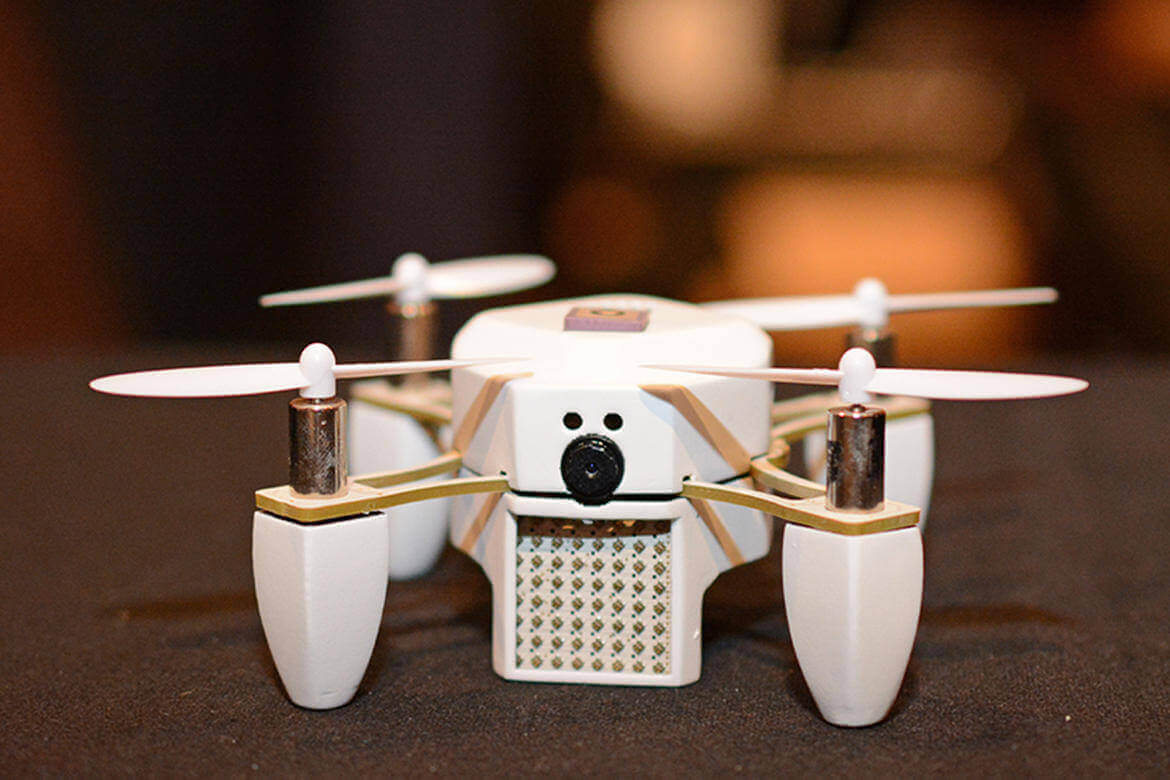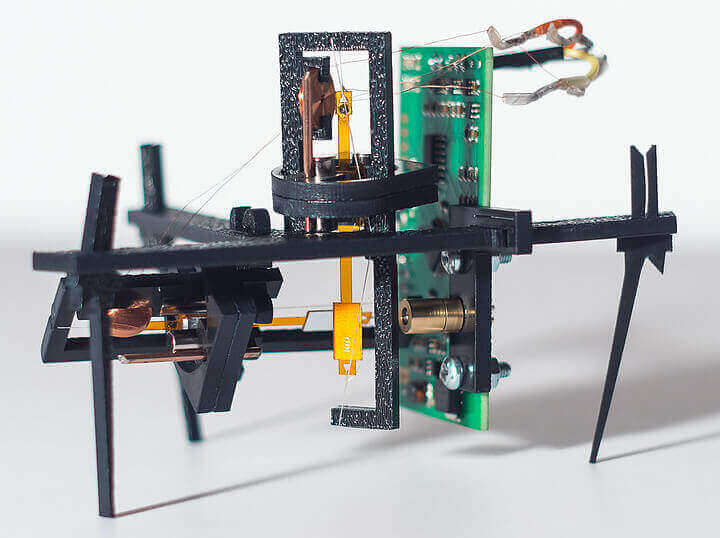Crowdfund at your own risk. With PayPal eliminating “Purchase Protection”, will Kickstarter and Indiegogo projects become even more risky?
When it comes to crowdfunding, PayPal was a useful tool to mitigate the risk. If a project went bust, you could use PayPal to secure a refund. To a cautious customer, this was a great service.
But now the company has announced plans to eliminate its “Purchase Protection” coverage for folks giving money to crowdfunding projects. The new policy takes effect on 25 June 2016. It says “payments on crowdfunding platforms” are ineligible for protection.
9 Percent of All Kickstarter Projects Fail

The reason behind this change is easy to explain. Kickstarter funded a study that was conducted by the University of Pennsylvania. The researchers found 9% of Kickstarter projects failed to deliver their rewards.
They also analyzed the most high-profile failed projects, like the Coolest Cooler and the Zano Drone. According to Fortune, the Zano case showed how PayPal’s Purchase Protection actually added to the project’s failure.
Torquing Group, the creator of the Zano, managed to ship a few hundred of the drones before entering liquidation. But they went to customers who placed an order outside of the crowdfunding platform, instead using Torquing’s website and PayPal — not to Kickstarter backers.
Why did Torquing Group do that? PayPal had a policy of holding pre-order payments until a product was delivered — that’s the “Purchase Protection” service in action.
For companies this meant they had to serve PayPal customers first, which severely hampered their cash-flow flexibility and meant that Kickstarter backers were effectively made a lower priority (even though they were among the first backers).
What Does the lack of Purchase Protection mean for you?

PayPal’s new policy surely is a response to the well-documented frequency of fraud or failure on crowdfunding platforms — the Peachy Printer being the latest in a series of highly publicized disasters.
So if you’re crowdfunding a project that goes FUBAR, PayPal won’t give you the money back if a project fails to deliver, delivers a broken product, or is completely fraudulent.
The change mostly impacts Indiegogo — Kickstarter payments were already not protected by PayPal. The same goes for Kickstarter itself; they don’t take any responsibility for fulfilling rewards, and don’t permit people who funded successful projects to request chargebacks.
One silver lining, however, is that without the distraction of the PayPal mechanism, companies that have been successfully crowdfunded can focus first and foremost on satisfying the core of pledges that came through Kickstarter or Indiegogo.
If that means fewer campaign failures, then this could ultimately be a good thing. If you’d like to know how to spot a risky crowdfunding project, please read this article.
License: The text of "PayPal Eliminates Purchase Protection for Crowdfunding" by All3DP is licensed under a Creative Commons Attribution 4.0 International License.